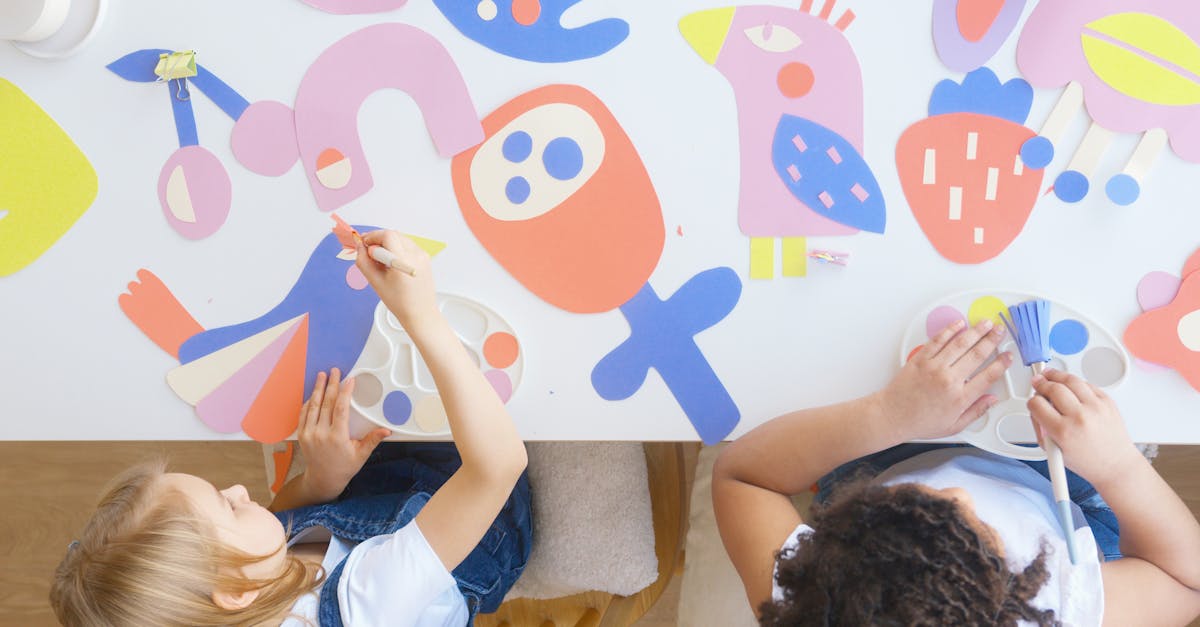Understanding Language Development
When it comes to language development, every child is unique. Some tots may start chatting away early, while others take their time mastering the art of conversation. It’s normal to worry about your child’s language milestones, but understanding what’s typical can help you identify potential concerns.
Autism Spectrum Disorder (ASD) often affects language and communication skills in toddlers. This isn’t necessarily a bad omen—it just means your kid’s brain works differently. By knowing what to look for and when to seek advice, you can better support your little one in their learning journey.

Understanding and recognizing the unique ways in which your child develops language skills is essential in providing them with the right support and encouragement. Each child progresses at their own pace, and what matters most is that they are making progress in the right direction, no matter how fast or slow that may be.
Delayed Speech and Unusual Language Patterns
Most children say their first words by the time they turn one. However, if your toddler isn’t babbling or using any words by 18 months, it might be a sign of a language delay. Additionally, pay attention to unusual patterns like repeating phrases (echolalia) or using words out of context. My nephew, for example, loved repeating commercial jingles! This can be cute, but if it’s their main communication method, it’s worth noting. Understanding these quirky speech patterns can help you identify if something more is happening under the surface.

Identifying unusual speech patterns and delayed speech in children can be crucial in understanding their development. By recognizing these signs early on, parents and caregivers can seek appropriate support and intervention to help the child communicate effectively.
Nonverbal Communication Challenges
Nonverbal communication is just as crucial as spoken language. Toddlers typically use gestures, eye contact, and facial expressions to communicate, even before they start talking.
If you notice that your child avoids eye contact, doesn’t point or use gestures, or struggles to understand facial expressions and body language, these might be red flags.
My daughter, Emma, used to ignore me when I pointed at things. After some digging, we discovered it was related to her early autism diagnosis. Recognizing these signs early can make a huge difference in communication development.

Social Interaction and Communication
Kids on the autism spectrum often find social interactions challenging. They may have trouble starting or maintaining conversations, understanding social cues, or playing with peers. For instance, playing ‘peek-a-boo’ might not interest them, or they could struggle with turn-taking games. I remember a playdate where my friend’s son preferred lining up toy cars over interacting with others. These behaviors can be perplexing but bring them up with your pediatrician if they appear consistent.

Seeking Help and Resources
If you suspect your toddler has autism-related communication issues, don’t panic! Early intervention can significantly improve language and social skills. Reach out to your pediatrician, who might recommend a speech therapist or early childhood intervention program. Reading books together, playing interactive games, and encouraging social playdates are helpful daily activities. Connect with other parents through support groups or online forums—sharing experiences can be incredibly supportive. Remember, you’re not alone on this journey and taking proactive steps can help your child thrive.

